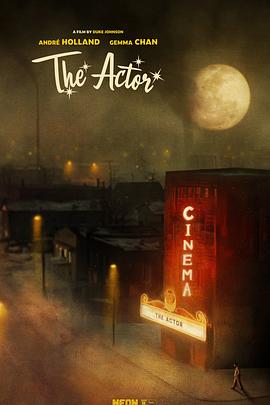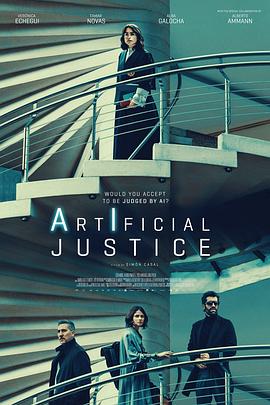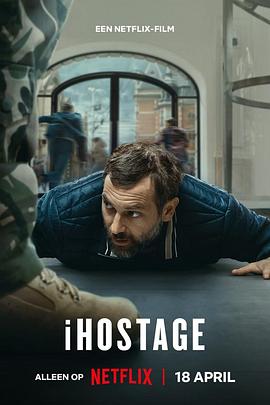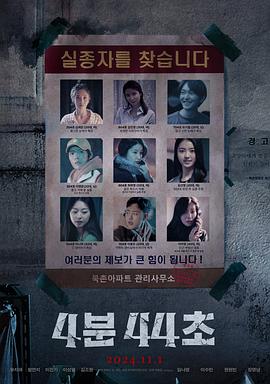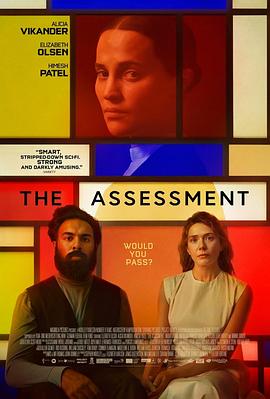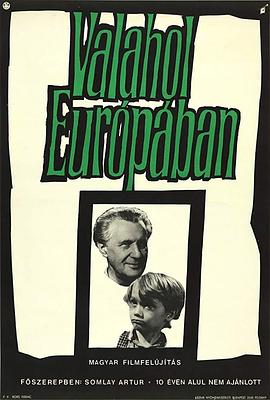
上映:
1948
更新:
2025-02-01 18:19
剧情:
Somewhere in the remote region, the war ends. In the midst of ruined cities and houses in the str..
- 超清线路
猜你喜欢
2025
8.0分
剧情片
HD中字
2024
8.0分
剧情片
HD中字
2025
4.0分
剧情片
HD中字
2023
1.0分
剧情片
乔纳森·梅杰斯 哈里森·佩吉 哈里特·桑塞姆·哈里斯 海莉·贝内特 迈克尔·奥赫恩 泰勒·佩姬 布拉德利·斯泰克尔 克雷格·卡科夫斯基 桑尼·瓦利森蒂 Justin Cuomo Peter Ivanov 马克·史密斯 Kimberly Christian 戴恩·多诺休 Jodi Bianca Wise Andrea Figliomeni Alfretz Costelo 蒂姆·马丁·格里森 Ezra
/
聚焦有抱负的健美运动员基利安·马多克斯,他在探索名声和暴力的过程中努力寻求人际关系,没有什么能阻止他成为超级巨星的梦想,即使被医生警告:他的追求将对身体造成永久性伤害。
HD中字
2024
8.0分
剧情片
HD中字
2024
9.0分
剧情片
HD中字
2025
1.0分
剧情片
HD国语
2025
4.0分
剧情片
马德奥·范·德·格里恩 露丝·哈弗科特 Thijs Boermans 路易·塔拉普 马塞尔·亨瑟玛 Admir Sehovic Roosmarijn van der Hoek 福克琳·欧沃凯尔克 Soufiane Moussouli Emmanuel Ohene Boafo Ahlaam Teghadouini Eric Corton Jolanda van den Berg
/
一名持枪歹徒闯入阿姆斯特丹市中心的一家 Apple Store 零售店,警方试图破解僵局,却面临一个棘手的难题。改编自真人真事。
HD中字
2024
1.0分
剧情片
HD中字
2021
9.0分
剧情片
HD国语
2024
7.0分
剧情片
HD中字
《欧洲的某个地方》剧情介绍
久久影视网提供影视作品欧洲的某个地方高清全集在线观看的影视全集网,剧情片《欧洲的某个地方》全集作品的导演是Radványi Géza ,由Artúr Somlay Miklós Gábor Zsuzsa Bánki 主演,欧洲的某个地方在豆瓣的评分为1.0,本片由小编于2025-02-01 18:19更新,希望大家喜欢,可以把《欧洲的某个地方》推荐给你朋友,本作品的地址为 https://www.3hl.net/3hl/index/29879.html
《欧洲的某个地方》简介: Somewhere in the remote region, the war ends. In the midst of ruined cities and houses in the streets, in rural hamlets, everywhere where people still live, are children who have lost their homes and parents. Abandoned, hungry, and in rags, defenseless and humiliated, they wander through the world. Hunger drives them. Little streams of orphans merge into a river which rushes forward and submerges everything in its path. The children do not know any feeling; they know only the world of their enemies. They fight, steal, struggle for a mouthful of food, and violence is merely a means to get it. A gang led by Cahoun finds a refuge in an abandoned castle and encounters an old composer who has voluntarily retired into solitude from a world of hatred, treason, and crime. How can they find a common ground, how can they become mutual friends? The castle becomes their hiding place but possibly it will also be their first home which they may organize and must defend. But even for this, the price will be very high. To this simple story, the journalist, writer, poet, scriptwriter, movie director, and film theoretician Béla Balázs applied many years of experience. He and the director Géza Radványi created a work which opened a new postwar chapter in Hungarian film. Surprisingly, this film has not lost any of its impact over the years, especially on a profound philosophical level. That is to say, it is not merely a movie about war; it is not important in what location and in what period of time it takes place. It is a story outside of time about the joyless fate of children who pay dearly for the cruel war games of adults. At the time it was premiered, the movie was enthusiastically received by the critics. The main roles were taken by streetwise boys of a children's group who created their roles improvisationally in close contact with a few professional actors, and in the children's acting their own fresh experience of war's turmoil appears to be reflected. At the same time, their performance fits admirably into the mosaic of a very complex movie language. Balázs's influence revealed itself, above all, in the introductory sequences: an air raid on an amusement park, seen in a montage of dramatic situations evoking the last spasms of war, where, undoubtedly, we discern the influence of classical Soviet cinematography. Shooting, the boy's escape, the locomotive's wheels, the shadows of soldiers with submachine guns, the sound of a whistle—the images are linked together in abrupt sequences in which varying shots and expressive sharp sounds are emphasized. A perfectly planned screenplay avoided all elements of sentimentality, time-worn stereotypes of wronged children, romanticism and cheap simplification. The authors succeeded in bridging the perilous dramatic abyss of the metamorphosis of a children's community. Their telling of the story (the scene of pillaging, the assault on the castle, etc) independently introduced some neorealist elements which, at that time, were being propagated in Italy by De Sica, Rossellini, and other film artists. The rebukes of contemporary critics, who called attention to "formalism for its own sake" have been forgotten. The masterly art of cameraman Barnabás Hegyi gives vitality to the poetic images. His angle shots of the children, his composition of scenes in the castle interior, are a living document of the times, and underline the atmosphere and the characters of the protagonists. The success of the picture was also enhanced by the musical art of composer Dénes Buday who, in tense situations, inserted the theme of the Marseilaise into the movie's structure, as a motive of community unification, as an expression of friendship and the possibility of understanding. Valahol Europaban is the first significant postwar Hungarian film. It originated in a relaxed atmosphere, replete with joy and euphoria, and it includes these elements in order to demonstrate the strength of humanism, tolerance, and friendship. It represents a general condemnation of war anywhere in the world, in any form.


